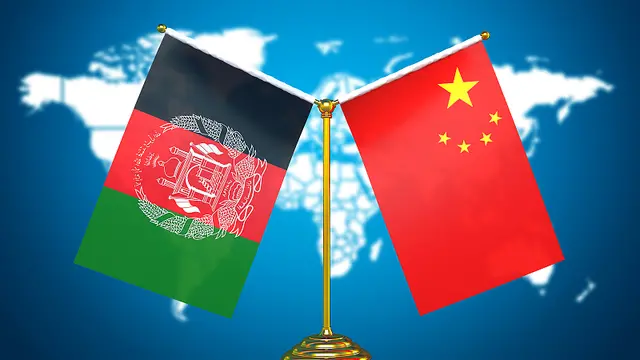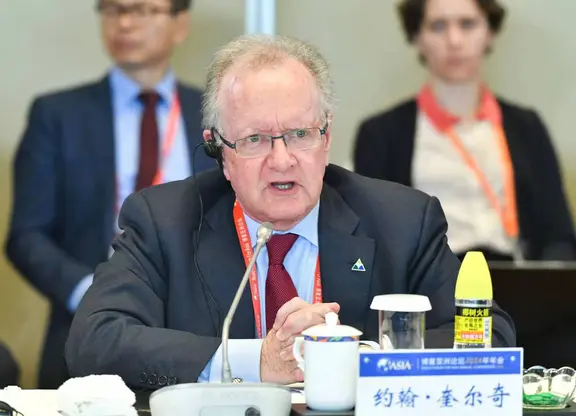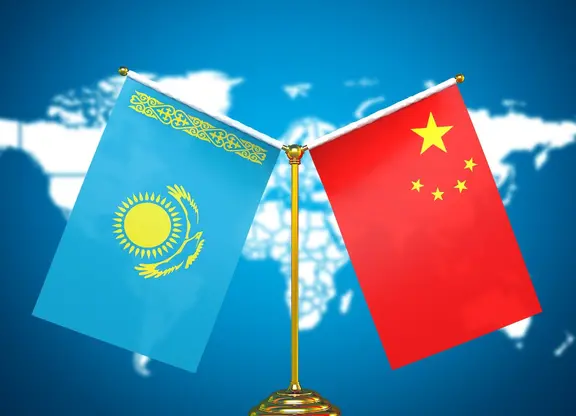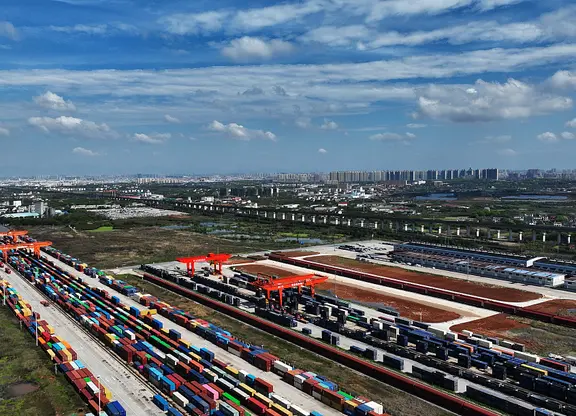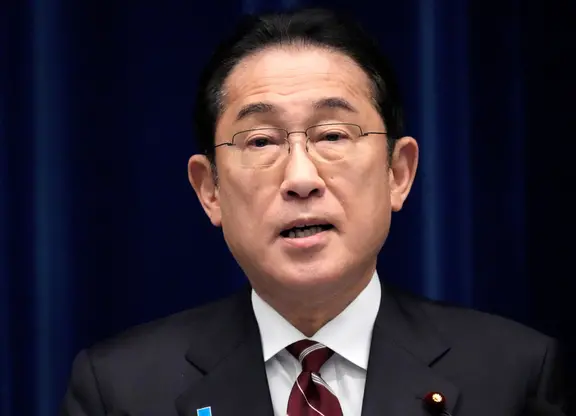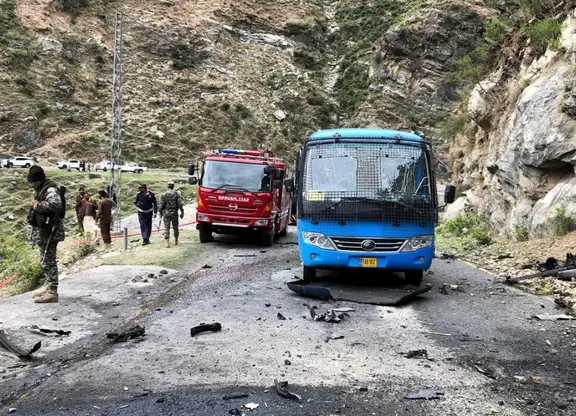This August marks the first anniversary of the humiliating American troop's withdrawal from Afghanistan. Washington's two-decade long military occupation dragged the Afghans into chaos with clouds of uncertainty.
Afghanistan was isolated from the Western world when China embraced its neighbor with open arms. Accordingly, it's high time to assess Beijing's rebuilding of war-torn Afghanistan.
The U.S.-led war collapsed the Afghan economy and left it largely dependent on foreign aid. After the Taliban formed an interim government last year, Beijing announced plans to donate $37 million worth of humanitarian assistance to Kabul, which has already been delivered. China is providing another $7.5 million as emergency aid to quake-hit Afghanistan and would cooperate with Kabul on disaster management and prevention. China's economic assistance to Afghanistan is healing the havoc wreaked by the U.S. military.
The Afghan economy took a hard hit by the unjustified U.S. sanctions imposed on the country. Afghanistan's current government is trying to revive its sanctions-hit economy, by receiving assistance from foreign friends after coming to power.
In order to relieve the Afghans from hardships, Beijing offered to grant zero tariff concessions on 98 percent of Afghan products exported to China. Such actions can facilitate the reconstruction of the country's war-shattered economy by boosting foreign currency inflows and reducing the trade deficit.
While the U.S. and the West were busy vaccinating their citizens against COVID-19, stockpiling vaccines, and planning to use vaccines as a diplomatic tool to expand their spheres of influence, Beijing has extended its helping hand to many poor countries with its homegrown vaccines.
China has donated over three million doses of vaccines and other medical supplies to Afghanistan. Subsequently, China-donated COVID-19 vaccines helped the country to fight the pandemic and to overcome the pandemic-created critical situation.
In order to ensure land-locked Afghanistan's participation in regional connectivity and to realize its potential of becoming "the heart of Asia," Beijing proposed to restart the tripartite cooperation mechanism with Pakistan and Afghanistan in building the Belt and Road Initiative (BRI) and extending the China-Pakistan Economic Corridor (CPEC) to Afghanistan.
This multi-billion-dollar project can generate tangible benefits for participating countries and, in particular, help the war-ravaged Afghanistan in rebuilding its economy by transforming it into the major trade and transit hub of this region. Moreover, the "Pine Nuts Air Corridor" with Afghanistan is not only used as a key transportation route but also a symbol of Chinese assistance to Afghan farmers.
The question remains, while the U.S. and its Western allies failed in implementing their mission, how China has made it possible in giving aspirations to the good people of Afghanistan. The difference lies in Beijing's policy towards Kabul, which is the "Three Respect" and "Three Nevers."
China has respect for Afghanistan's independence, territorial integrity and sovereignty, respect for religious beliefs and customs, and respect for the choices made by the Afghans independently. Additionally, China never interferes in the internal affairs, never seeks to expand its sphere of influence, and never seeks any self-interest in Afghanistan despite being close neighbors. And that's why Afghans say that China is the only major global power that has never hurt Afghanistan.
Meanwhile, China, in a meeting at the UN Security Council, called for all Afghanistan's overseas assets should be returned unconditionally, especially after Biden's decision to freeze $7 billion worth of Afghan's central bank assets.
The root of China-Afghan friendly relation can be traced back to the Han dynasty, connected through the ancient Silk Road. The bonding was briefly interrupted by the Soviet and U.S. invasion in Afghanistan.
During the U.S.-initiated Afghan war, China donated millions of U.S. dollar worth of grants to the Afghans. While Washington abruptly pulled out its military from Afghanistan last August, China has gradually started to increase its involvement with Kabul. If China's role in Afghanistan in the past year is analyzed, China wants to revive its traditional relations with Afghanistan based on the Five Principle of Peaceful Coexistence and cooperation.
Beijing is playing a crucial role as mediator among major powers on the Afghanistan issue. China has sought to upgrade Afghanistan's existing infrastructure, bolster socio-economic development, help the Afghans to realize the true fruits of independence and assist Kabul in becoming a master to write its own future.
(CGTN)
 简体中文
简体中文

